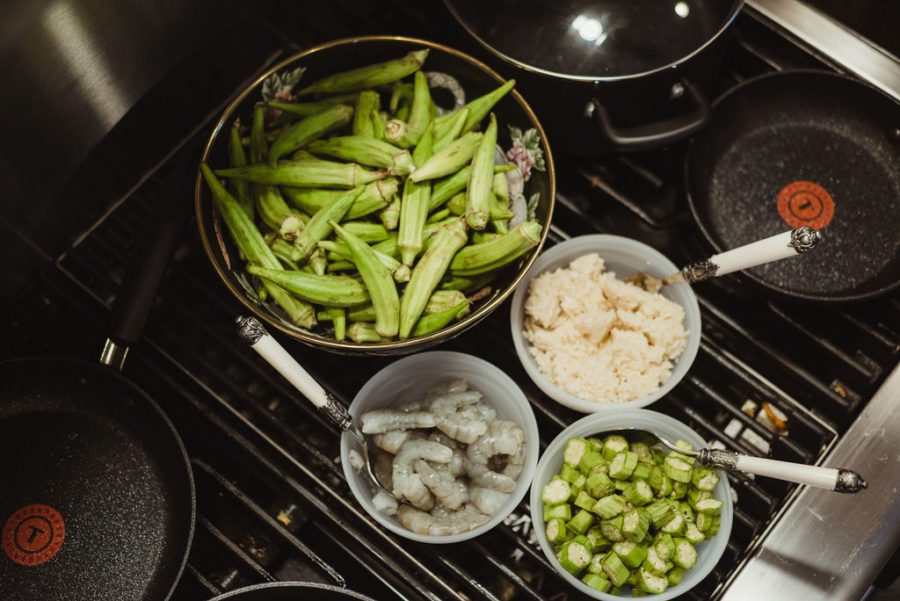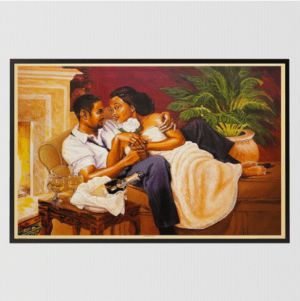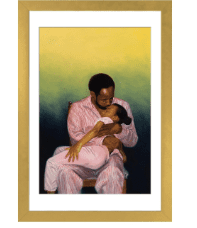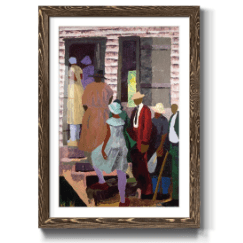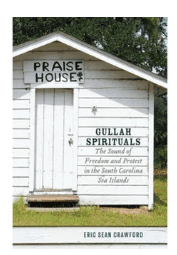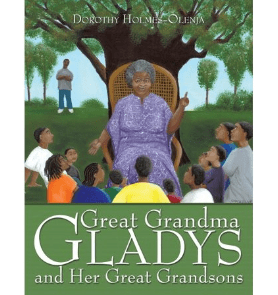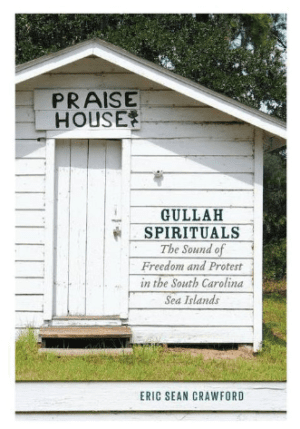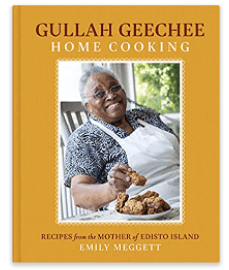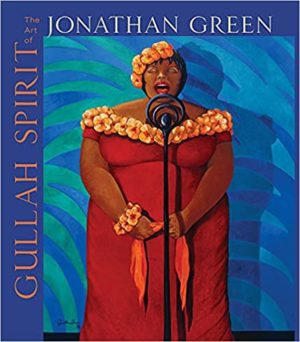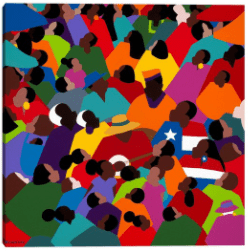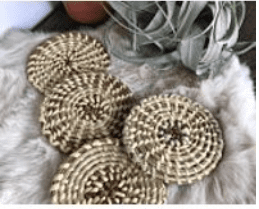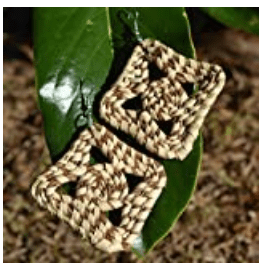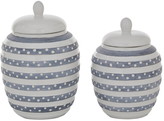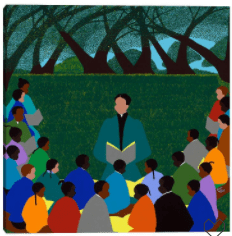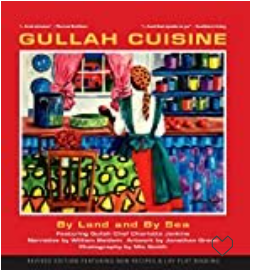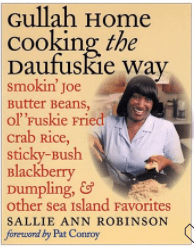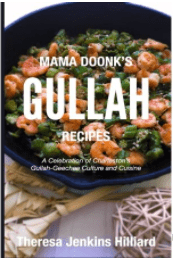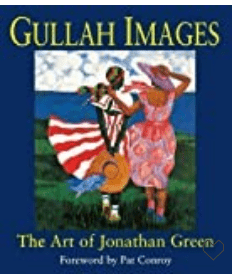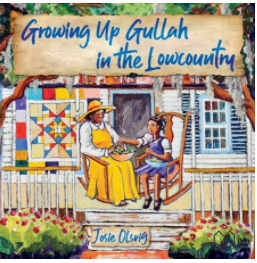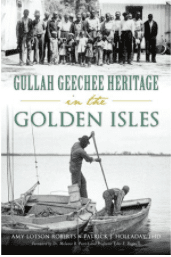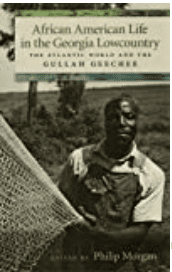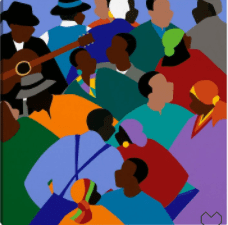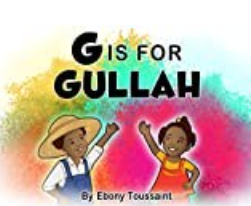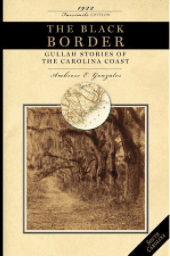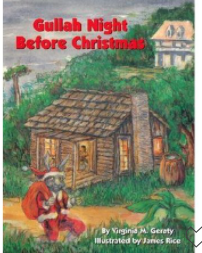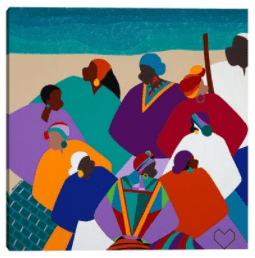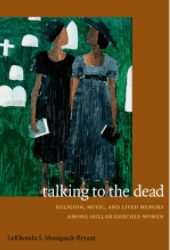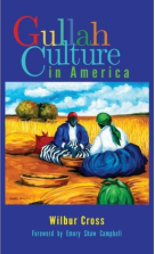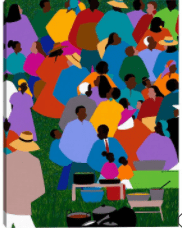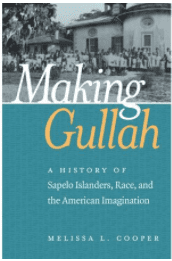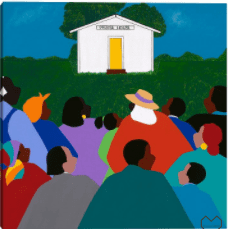

Any celebration of Southern food heritage will be as unique as the people celebrating, especially for African Americans. We are a diverse people with lineages that are diverse, though the majority of us have roots connected to the Mid-Atlantic slave trade.Talking about food and being black can take many turns left and right based on what foods we were exposed to and the preparation. A Louisianan can eat Creole cuisine or foods relative to North Louisiana. A Creole from Mobile has a slightly different take on food than a NOLA Creole. The point is we have a whole lot to celebrate, and it is personal.
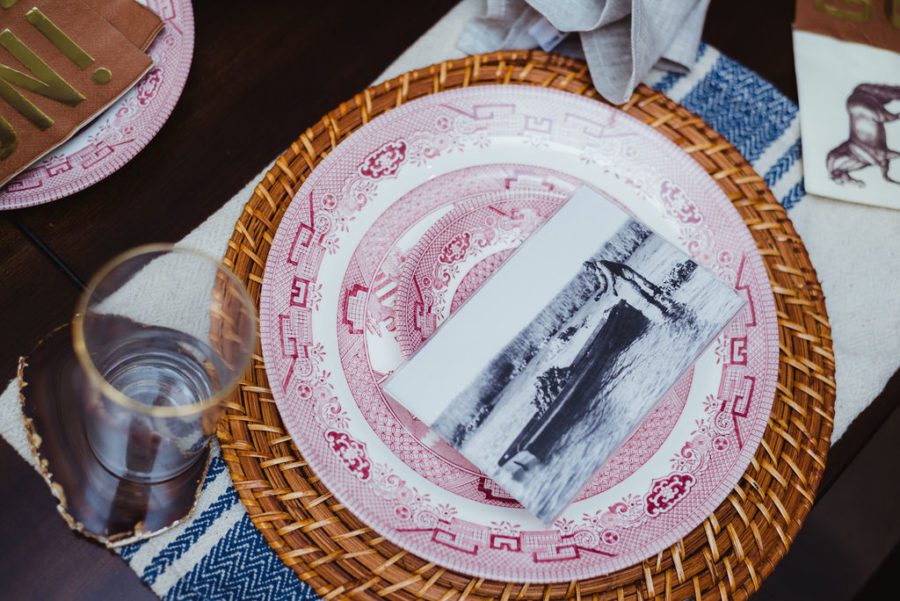
How do we begin to celebrate our Southern food heritage? It is simple. It begins with the relative who taught you how to cook, who is most likely the one who taught you what to like and eat.
If you have knowledge of their southern ancestral region, then you can:
- Look up the type of cuisine known in the region or the state. Gullah-Geechee or lowcountry cuisine is tied to coastal Georgia and South Carolina as well as Florida. You can find some listed on Wikipedia, but the list is not exhaustive. Ask yourself, how many of these foods were cooked in my childhood and how many have I eaten?
- Look in a family recipe book or church recipe book and through recipes handed down to you for more clues.
- Think about foods that were in your home that you would not dream of eating now. Some households ate things like rabbit and possum and liver pudding.
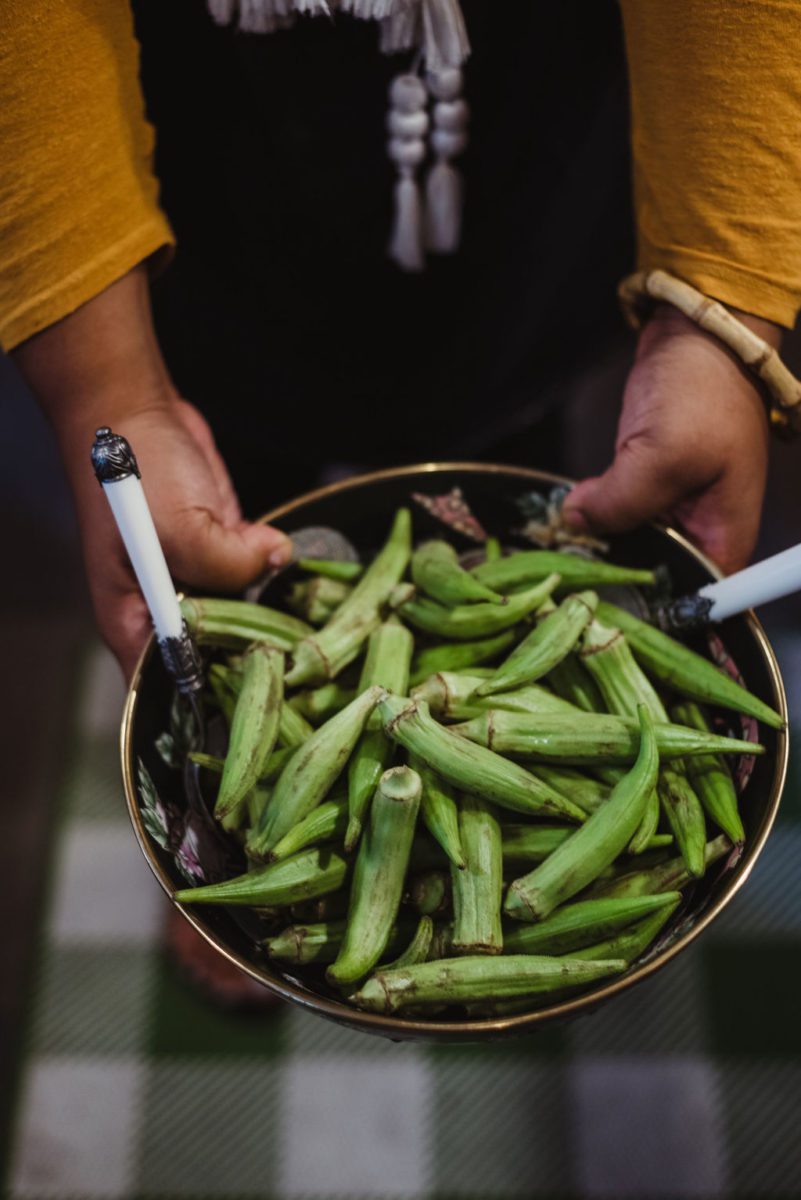
The celebration becomes clearer now that you have more knowledge. Try these things:
- Prepare something on one of those recipe cards or in the family recipe book. Just one thing. Cook it as written.
- Record your favorite memory of that food or even another one. You can write in a Word document or literally record it with a phone app. Here is a guide by FoodCorp that can assist you in understanding this exercise.
- Use a tool like Canva to present the recipe as a gift for relatives that can be sent by email.
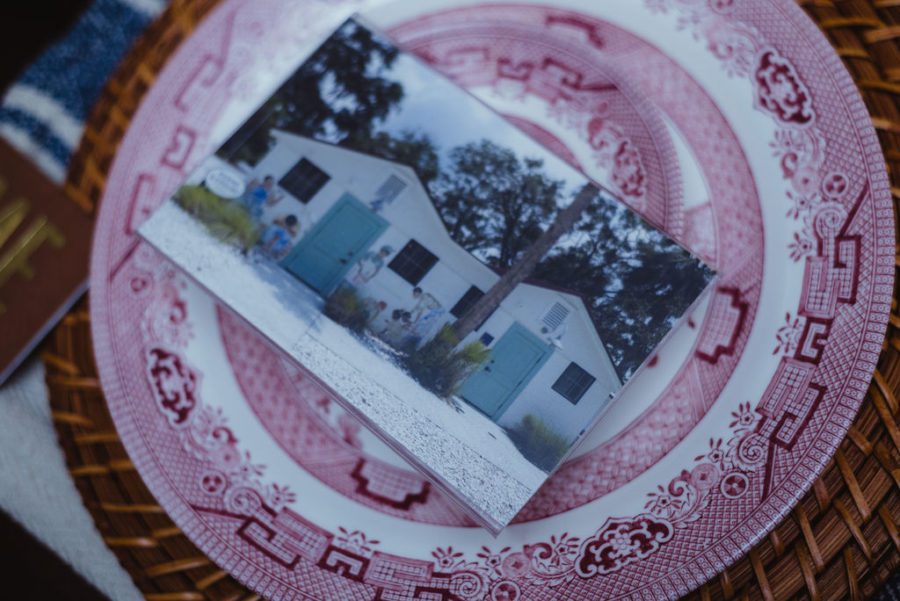
The last thing is a special thing. Create a Facebook group with family to trade recipes, family stories, and photographs. Your Southern food heritage is heritage and worthy of sharing and celebrating. The foods you eat now are only a fusion or interpretation of what your ancestors ate back then.
